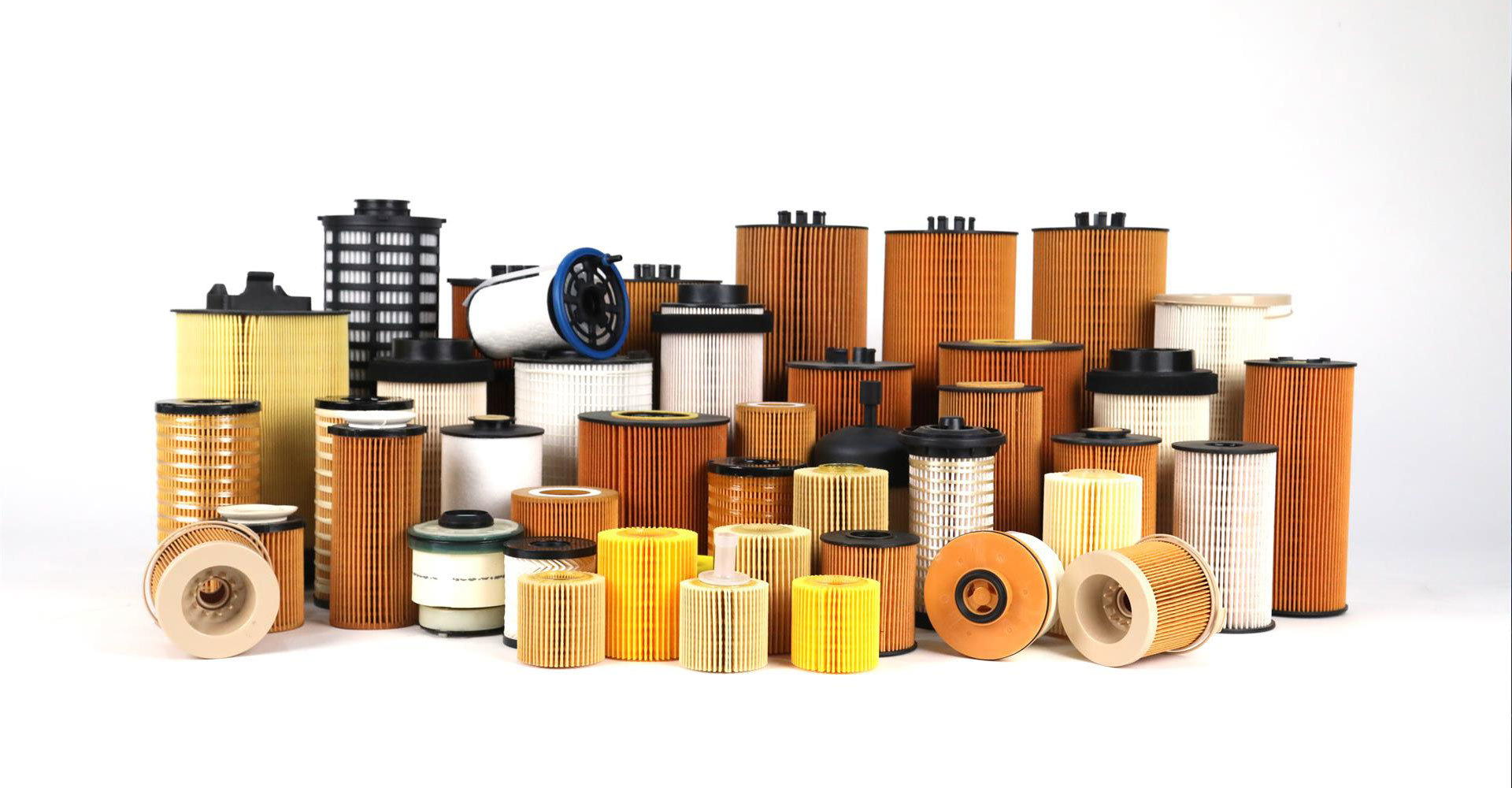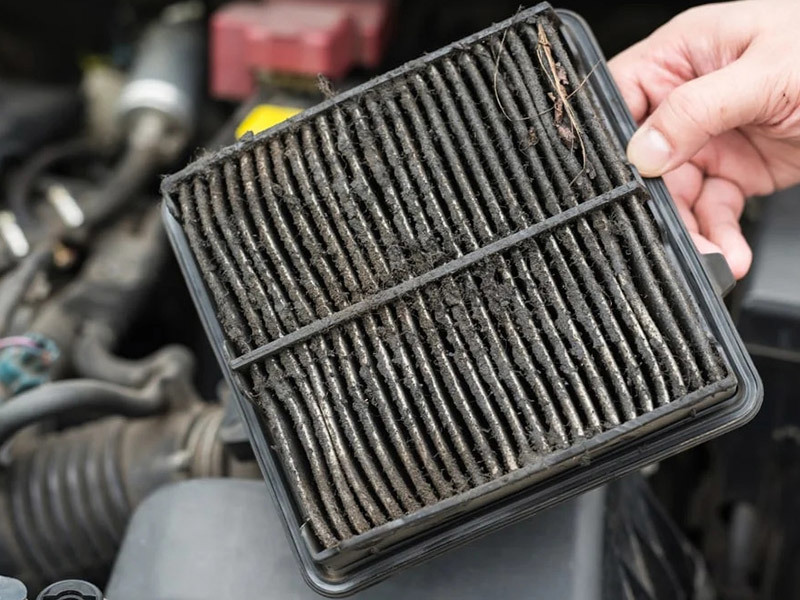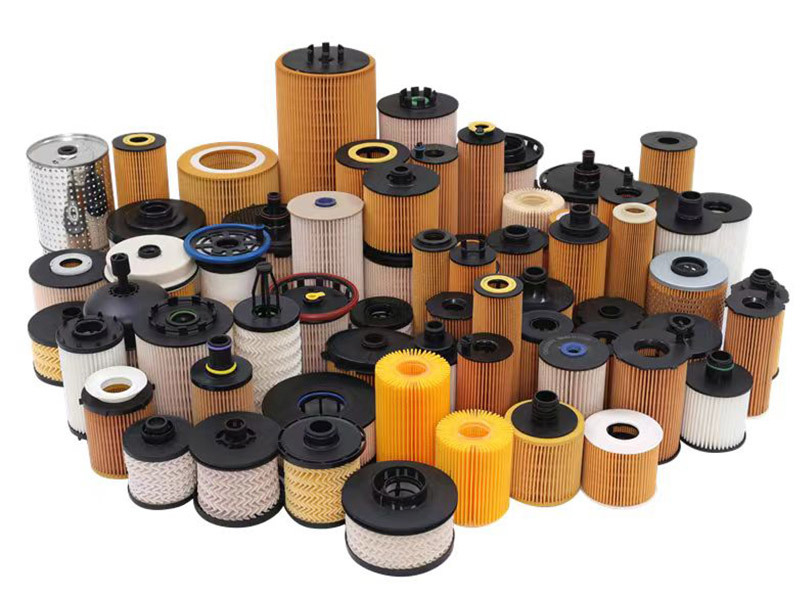Focus On Hot Spots
Contact Info
E-mail: tengsen@injenfilter.com
Business Phone: +86-18131928561
WhatsApp: +86-18131928561
Address: Ge Xianzhuang Zhen Wu Jia Na Cun Xi, Qinghe County, Xingtai City, Hebei Province
Understanding Automotive Oil Filters: Essential Knowledge for Industry Professionals
Release Time:
Oct 08,2025
Automotive oil filters play a critical role in the overall functionality and longevity of a vehicle's engine. These components are designed to remove contaminants from engine oil, ensuring that the oil remains clean and effective in lubricating vital engine parts. This process is essential not only for the performance of the vehicle but also for maintaining the health of the engine over time. Ther
There are several types of oil filters commonly found in the automotive industry, each designed to meet specific needs and specifications. The most prevalent types include mechanical filters, which utilize a filter medium to strain out impurities, and magnetic filters, which use magnets to capture ferrous particles. Additionally, some filters are designed with a built-in bypass valve that allows oil to flow even when the filter is clogged, preventing engine damage due to insufficient lubrication. Understanding the differences between these types is crucial for professionals who recommend or install oil filters.
The efficiency of an oil filter is measured by its ability to trap particles of various sizes, typically rated in microns. A high-quality oil filter can capture particles as small as 20 microns, which is vital for protecting delicate engine components. Regular replacement of oil filters is necessary to ensure that the filtering process remains effective. Neglecting this important maintenance task can lead to oil contamination, resulting in decreased engine performance and potentially costly repairs.
Moreover, the design and materials used in oil filters can significantly impact their performance. For example, filters made with synthetic media often provide superior filtration compared to traditional paper media, allowing for better flow rates and higher dirt-holding capacity. Industry professionals should be aware of these advancements to make informed recommendations to their clients.
In summary, automotive oil filters are indispensable for maintaining engine health and performance. Their ability to filter out harmful contaminants ensures that the engine operates efficiently and lasts longer. As a professional in the automotive and parts industry, understanding the various types of oil filters, their functions, and the importance of regular maintenance will enhance your ability to provide exceptional service and advice to your clients. Ultimately, a well-informed approach to oil filter selection and maintenance will lead to improved engine performance and customer satisfaction.
Key words:







